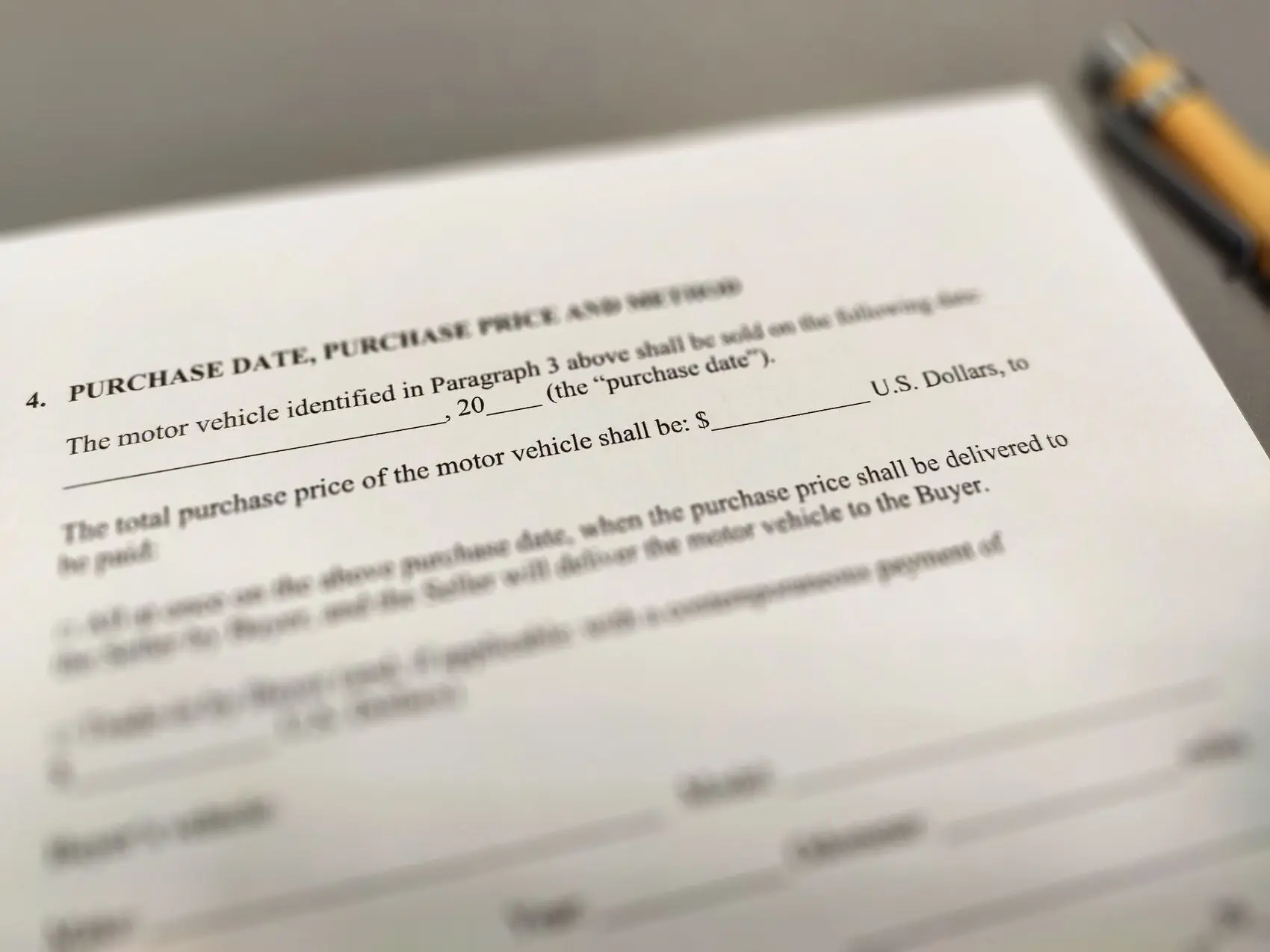A bill of sale is like a receipt, showing the legal purchase and sale of an item. This legal document is needed to show the change of ownership between the buyer and the seller. It is used in the documentation of taxes and can stand up in a court of law. Though it is always recommended to document actual numbers when exchanging ownership of an item for a fee, there are circumstances in which buyers request a lower price indicated in the bill of sale form. Read this to determine if it is the best option for you and your purchase.
Why Do People Indicate Lower Prices in Bills of Sale?
There are several reasons why buyers and sellers might want a lower bill of sale price. There are benefits for both parties, most of which can save them money in the long run. The price indicated on the document is used for:
- Tax purposes
- To show a change in ownership
- To indicate the actual sale price
- For inventory purposes
Of these, the most common reason for such a request is reducing taxes due to be paid. When buyers have legal documentation, like a bill of sale, stating that they spent less than they did, they are left to pay fewer taxes on their purchase. The buyer is not the only one to benefit, leaving the seller bringing in less overall revenue and reaping the same benefits of tax deductions.
What Are the Consequences of Such Actions?
Due to the legality of the instances mentioned above for sale documentation, the parties should consider options before agreeing upon an amount lower than the actual sale. Unless there is some audit triggered by incorrect filings or paperwork, neither buyer nor sellers will have to worry about consequences. On the contrary, if questions or doubts come about from the bill of sale’s final amount, there could be unwanted consequences.
For instance, if one is to purchase an item for a higher amount, they might face penalties if it is discovered that the regular sale price is listed for less. These could add up to hefty dollar amounts that are difficult to pay. Another unfavorable consequence could be that if the buyer decides to resale, they won’t have proper legal documentation to prove the actual amount they paid.
Real-Life Cases
While there are benefits to documenting a lower price in the bill of sale when purchasing an item, it is not always a good idea. Before deciding to register a different amount, it is recommended to check the laws in the state in which you reside and how they deal with sales taxes. Below are a few real-life cases showing their use of a lowered bill of sale prices.
Ken wrote, “We get such requests all the time from international customers. They want us to lowball the invoice, so they don’t have to pay the full import duties and taxes. Once you use the term “fraudulent,” they usually back off.” In this case, the seller lets the buyer know that it is legally noted as a fraud on all parts if it is caught.
James claimed, “I have done this a few times, and so have my friends and all no problem. My buddy bought the WRX for $15.5k and wrote down $500.” At the end of both cases, each party signed off on a lower sales price. It could wind up going well for both parties but could possibly be subject to penalties if discovered later on down the road.
Susan stated, “If you put down a really low price, you’d better have a story in case there’s a teacher’s pet behind the counter.” As mentioned above, most cases and possible penalties come about only when the buyer and seller get caught. Lowering the purchasing price for tax purposes might be great initially but could cause issues later on down the line.
